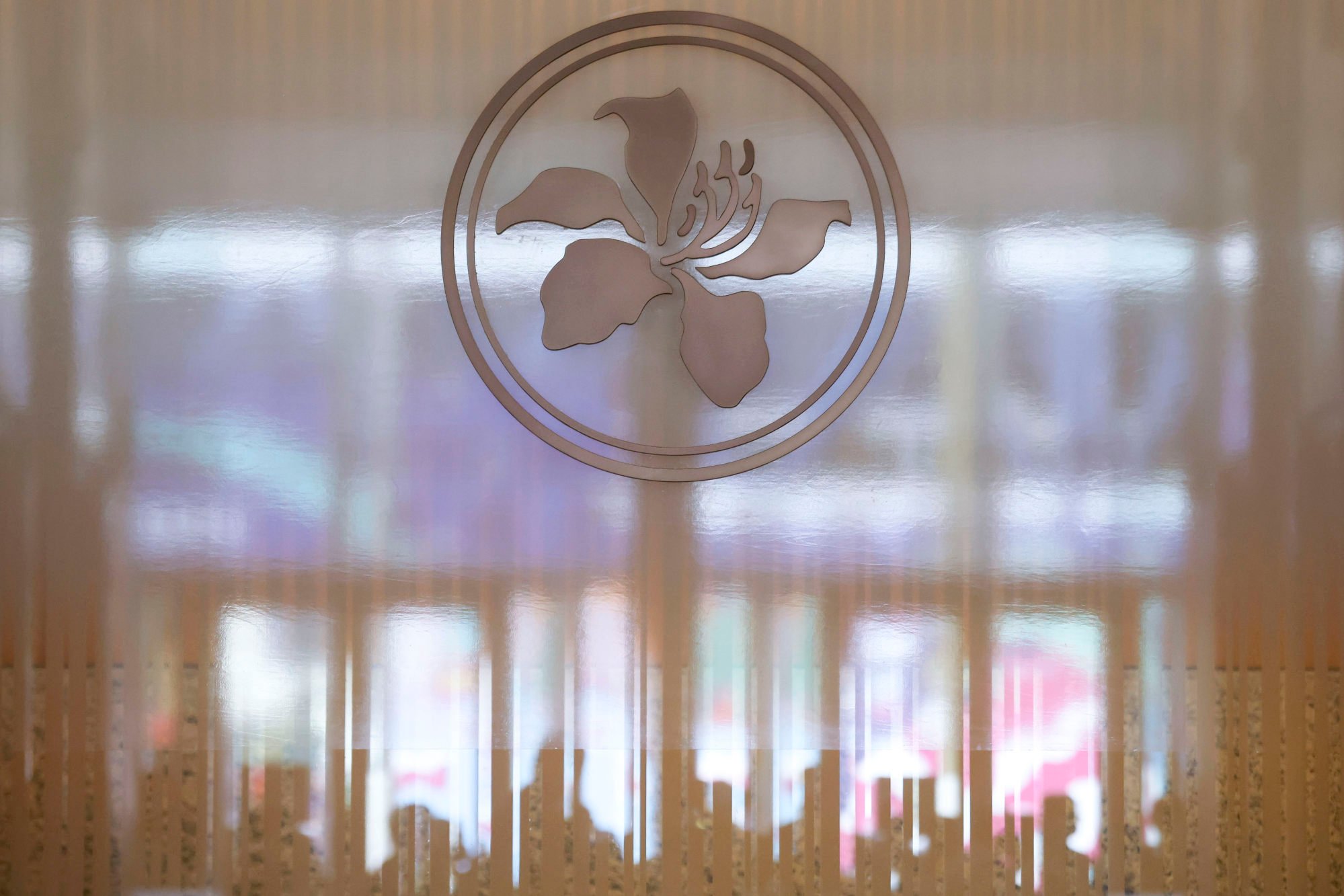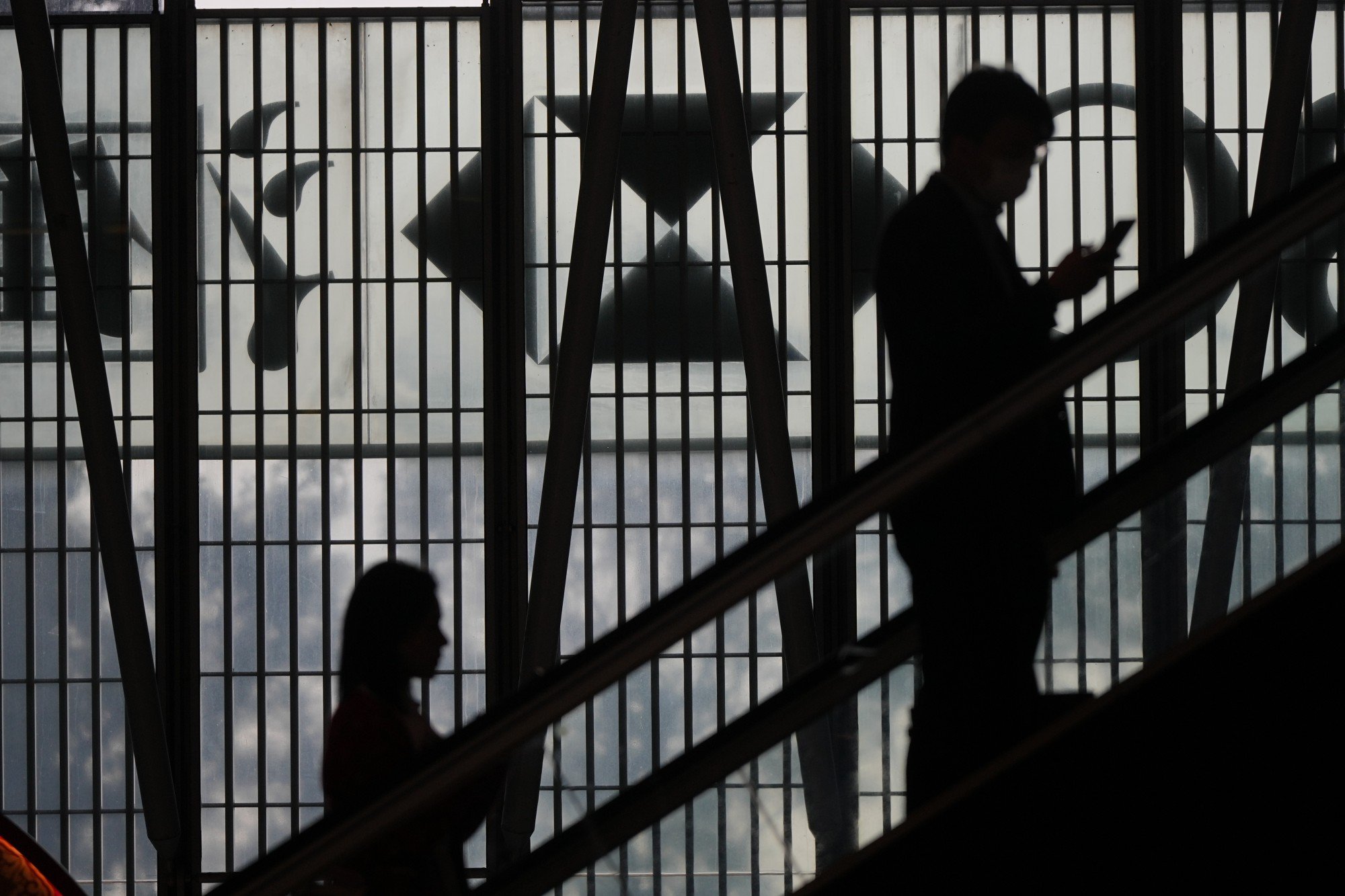
About HK$4.5bil in losses have been incurred from scam and fraud cases in Hong Kong in the first six months of 2024. — SCMP
It was a “godsend” to Pishu Shamdasani when he read about the Hong Kong Monetary Authority’s (HKMA) plan for the city’s banks to share scam-related losses.
Shamdasani, an 82-year-old small business owner, lost €56,940 (RM267,431 or US$62,499) to a scammer who pretended to be a supplier in the Netherlands. He subsequently lost all his pending orders – worth more than US$1.2mil (RM5.14mil) – as well as his rented home in Hung Hom. Shamdasani and his wife had to move into a friend’s place until they could find a safe and suitable flat that they could afford.
“We have almost zero income, no business, no cash flow,” said Shamdasani, who has been in Hong Kong for more than four decades and runs a trading company that deals in branded perfumes, watches and copper products. “It’s a very terrible blow for me, especially at my age.”
Since finding out he was swindled at the end of April, he asked his bank – HSBC – to stop the six transfers that he had sent the scammer, but the money was long gone. On May 8, he reported the case to the Hong Kong Police Force. The case number is all he has to show for the past five months of waiting.
“HSBC told me that I will hear from the police. They said ‘henceforth, you contact only Hong Kong police because they have the case’,” he said.
A spokesperson for HSBC told the Post that the bank does not comment on or provide any information related to its customers.
“We are proactively engaged in promoting and ensuring the safety and protection of our customers from criminals and scams, including through public education and consumer protection measures,” the spokesperson said.
“I’m a Scorpio. I [would] rather fight,” Shamdasani said. “If I’m fighting, maybe I can help other people in Hong Kong who are silently suffering to get back their money from banks.”
His predicament is just one among the HK$4.5bil (RM2.48bil) in losses incurred from scam and fraud cases in the city in the first six months of 2024, a 67% surge from a year earlier, according to police data. These numerous instances of financial deception have prompted the city’s de facto central bank to introduce several initiatives to fight back, including a “responsibility framework” that was unveiled at the end of last month.

The HKMA’s goal, according to deputy CEO Arthur Yuen Kwok-hang, is to establish a series of criteria for banks to use when determining if a loss should be compensated. An industry consultation will begin soon.
And while details of the plan have yet to be released, experts say there are some key points that should be included so victims can receive effective help.
However things shake out, one of the most contentious aspects of any programme will be determining who is responsible for compensation, said Jonathan Crompton, a Hong Kong-based partner at law firm RPC.
“The focus of the proposed compensation mechanism should be on helping victims,” he said. “It should ideally require banks to compensate victims of scams unless the bank can prove that the customer was responsible.”
The Post reached out to individual banks but they declined to comment before the HKMA finalises its plan.
“The compensation by banks is tricky because in some cases banks are not solely responsible for customers’ actions,” said Anir Bhattacharyya, a partner and co-head of integrated risk management for Asia at AlixPartners. “And much of the fault lies outside the bank, including with telecom providers and social media platforms that are used to deceive consumers.”
In a speech last month, the HKMA’s Yuen said a plan for compensation will depend on the evaluation of the banks’ control systems and if customers have safeguarded their personal information. Special circumstances, such as whether a customer is a member of a vulnerable group, should be considered, he added.
“The HKMA is looking into how to better elucidate the industry’s current practices and delineate a more aligned approach in dealing with scam losses,” an HKMA spokesperson said when asked about the details of the framework.
“Generally, it would be more efficient to require banks rather than customers to take steps to put in place, or choose, a system to prevent scams,” said Peter Kwon, another Hong Kong-based partner at RPC. He suggested a simpler approach with a “clear mandatory responsibility on the part of the financial institutions” to restore lost funds.
Scams are emotional episodes for people and this impacts their awareness of the fraud and willingness to notify banks, Crompton said.
“It often takes time for victims to realise they have been scammed, and when they do, they can be reluctant to tell anyone, including their bank, because they are ashamed or ‘feel stupid’,” he said.
“Banks need to ensure that, via their digital solutions, they provide enough options to clients to lock [or] protect their accounts, set limits, and add additional authentication that can minimise the chances of scamsters succeeding,” said Gaurav Mehra, head of capital markets and transformation for Asia-Pacific and the Middle East at consultancy Capco.
He also said banks need to raise awareness and educate customers about using enhanced security features and procedures for reporting incidents promptly and simply.
Along those lines, HSBC has a dedicated webpage that aggregates resources for customers to protect their accounts and tells them how to report a scam or fraud on its website.

HKMA’s latest proposal comes on the heels of moves from regulators in other jurisdictions around the world.
For example, the UK recently implemented its Authorised Push Payment (APP) scam reimbursement policy. Banks there must reimburse APP scam victims within five working days and the responsibility for repayment is shared by the receiving and sending institutions.
APP scams occur when people are tricked into sending money to a fraudster posing as a genuine payee. Financial fraud, on the other hand, involves unauthorised access to personal information like hacking or phishing.
“Whether the scheme is voluntary or mandatory will be important,” said Jonathan Cary, a London-based partner at RPC. The UK’s APP mandatory reimbursement scheme replaces a voluntary programme that was introduced in 2019.
“Under the voluntary scheme, it has been something of a lottery with the outcome very much dependent on who a customer banked with,” he said.
The new UK regulation has its limitations, Cary said. It only applies to domestic payments, not international transfers, even if they involve a British bank. Victims can only be individuals, small businesses or charities – not larger companies – and compensation is capped at £85,000 (RM476,450 or US$111,415).
In some jurisdictions, like Australia and the UK, there is some question about whether putting the onus on financial institutions can curb scams and instances of fraud. And some experts said reimbursing every loss could make members of the public easier marks and attract criminals to exploit compensation programmes.

Singapore is set to implement a shared responsibility framework for phishing scams later this year. The authorities proposed a “waterfall approach” that will first determine if a financial institution has lived up to its obligations. After that, telecom providers will be put under a microscope; at the end, consumer culpability will be assessed.
“What is good about the Singapore approach is that it is clear about who they expect to be gatekeepers and it isn’t limited to financial institutions but telecom providers and payment wallets and others,” said AlixPartners’ Bhattacharyya.
The HKMA plans to introduce an amendment to the banking ordinance that will allow authorised institutions to share information on individual accounts that are suspected of involvement in financial crimes as early as next year.
Scam victims acknowledge the HKMA’s efforts.
“The HKMA is trying to make the lenders help the people who are scammed and in trouble,” said Shamdasani.
“People are thinking they will get back their money, but people like us haven’t received the reimbursement. We are not leaving Hong Kong no matter what we will face. I must fight for justice.” – South China Morning Post










































